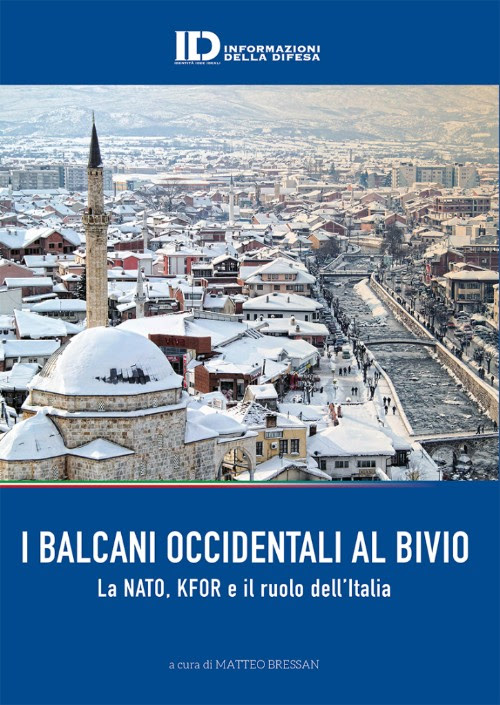I Balcani occidentali al bivio. La NATO, KFOR e il ruolo dell'Italia"
Rome – October 17, 2018
More than twenty years after the dissolution of Yugoslavia, there are still many challenges to be confronted for the Western Balkan countries, sometimes hesitating between Euro-Atlantic integration and Russian influence. Besides the traditional ethnopolitical cleavages within the newly born States that came out between the 90s and 2008 – the year when Kosovo proclaimed its independence -, other transnational challenges have emerged: the migration flows that have crossed the country after the Syrian crisis, the new phenomena of radicalization and foreign fighters which did not save the Western Balkans – as highlighted by the problematic case of Kosovo and the pervasive capillarity of organised crime. Indeed, the European Union and NATO must play a major role in stabilising the area.
KFOR, the longest NATO mission, testifies how the post-conflict stabilisation processes have to be harmonised with the loyalty on the field and cannot be planned without a precise valuation of the progressive capacities of the Kosovars institutions.
KFOR today represents a successful case study in a context far from being considered normalised. Italy, at the helm of the mission for the fifth consecutive year, is receiving important acknowledgments in NATO and at the international level.
Chairman:
Alessandro Minuto-Rizzo, President, NATO Defense College Foundation
Lecturers:
Alessandro Politi, Director, NATO Defense College Foundation
General C.A. Salvatore Farina, Army Chief of Staff
General C.A. Francesco Figliuolo, Head of General Office of the Defence Chief of Staff and Former KFOR Commander


